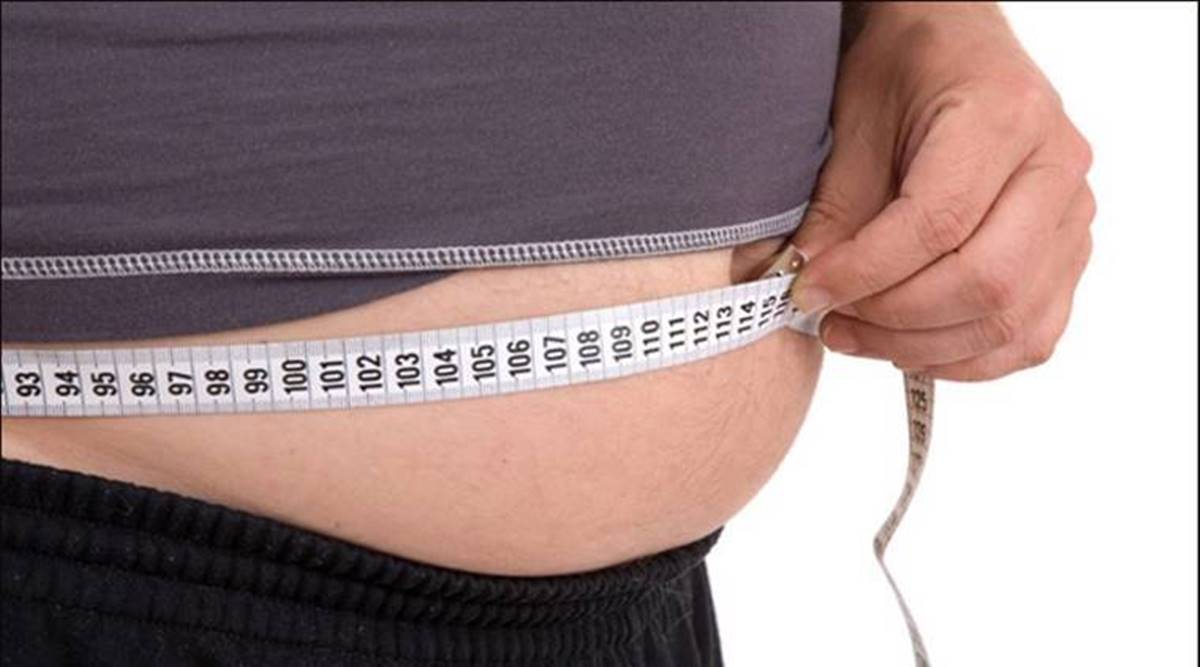
Planning to start your weight loss journey? Well, if you want to shed some extra kilos, then calorie deficit is the key. Losing weight may seem like a challenging task, but it is not impossible. Dieticians and nutritionists often emphasise maintaining a calorie deficit in order to lose weight.
“A calorie deficit refers to a state in which you consume fewer calories than your body needs to maintain its current weight. When you create a calorie deficit, your body starts to utilize stored energy (such as fat) to make up for the energy deficit, resulting in weight loss over time,” Dr Ajay Aggarwal – Director and Head, Internal Medicine, Fortis Hospital, Noida told Financial Express.com.
Usually, calorie deficit means consuming fewer calories than your body burns which will ultimately result in weight loss. However, health experts also warn that creating a significant calorie deficit can be dangerous and it can also cause adverse health effects.
“To achieve a calorie deficit, you can either reduce your calorie intake through diet or increase your calorie expenditure through physical activity, or a combination of both. This means consuming fewer calories than your body requires for its daily functions and activities,” Dr. Aggarwal said.
How to achieve calorie deficit?
According to Dr. Aggarwal, the concept of a calorie deficit is based on the principle of energy balance.
“When you consistently maintain a calorie deficit, your body starts tapping into its energy stores to make up for the shortfall, leading to weight loss. It’s important to create a moderate calorie deficit that allows for gradual and sustainable weight loss, typically recommended at a rate of 0.5-1 pound (0.2-0.5 kg) per week,” he added.
He also emphasised that it’s crucial to prioritize overall nutrition and make sure you’re still consuming enough essential nutrients while in a calorie deficit.
“Consulting a healthcare professional or a registered dietitian can help you determine an appropriate and balanced approach to achieving your weight loss goals while meeting your nutritional needs,” he added.
How calories deficit helps in weight loss?
Richa Anand – Chief Dietician, Dr. LH Hiranandani Hospital, Mumbai, Powai told Financial Express.com that she often encounters questions about the concept of calorie deficit and its role in weight loss.
“The theory behind a calorie deficit is fairly simple: to lose additional pounds, your body must consume fewer calories than it expends. While this is an effective way to lose weight, it is important to approach it with caution and a full understanding of your individual needs. Simply drastically reducing calories can lead to nutritional deficiencies and metabolic imbalances. Instead, I recommend taking a balanced approach by including fiber-rich foods and engaging in regular exercise,” Anand said.
She also pointed out that by keeping a low calorie deficit consistent and realistic for your lifestyle, you can achieve slow and sustainable weight loss.
“It’s important to consult with a health professional or clinical dietitian who can assess your unique circumstances and guide you through a personalized plan for healthy weight loss and well-being in all cases considered. Remember to take a well-rounded approach to weight management that involves a balanced diet, exercise and overall well-being,” she added.
How many calories do you need?
According to health experts, an average adult women should consume no less than 1,200 calories per day, while men should consume no less than 1,500 per day (unless otherwise instructed by a doctor). The generally recommended amount of calories that women should consume is around 2,000 calories per day while men should get 2,500 calories per day.
Tracking your calorie intake has several benefits and it can play a key role in your weight loss journey. As you count your calories, you become aware of the food you eat and the quantity you comsume. There are a number of online trackers and calorie tracking apps available to the public.





